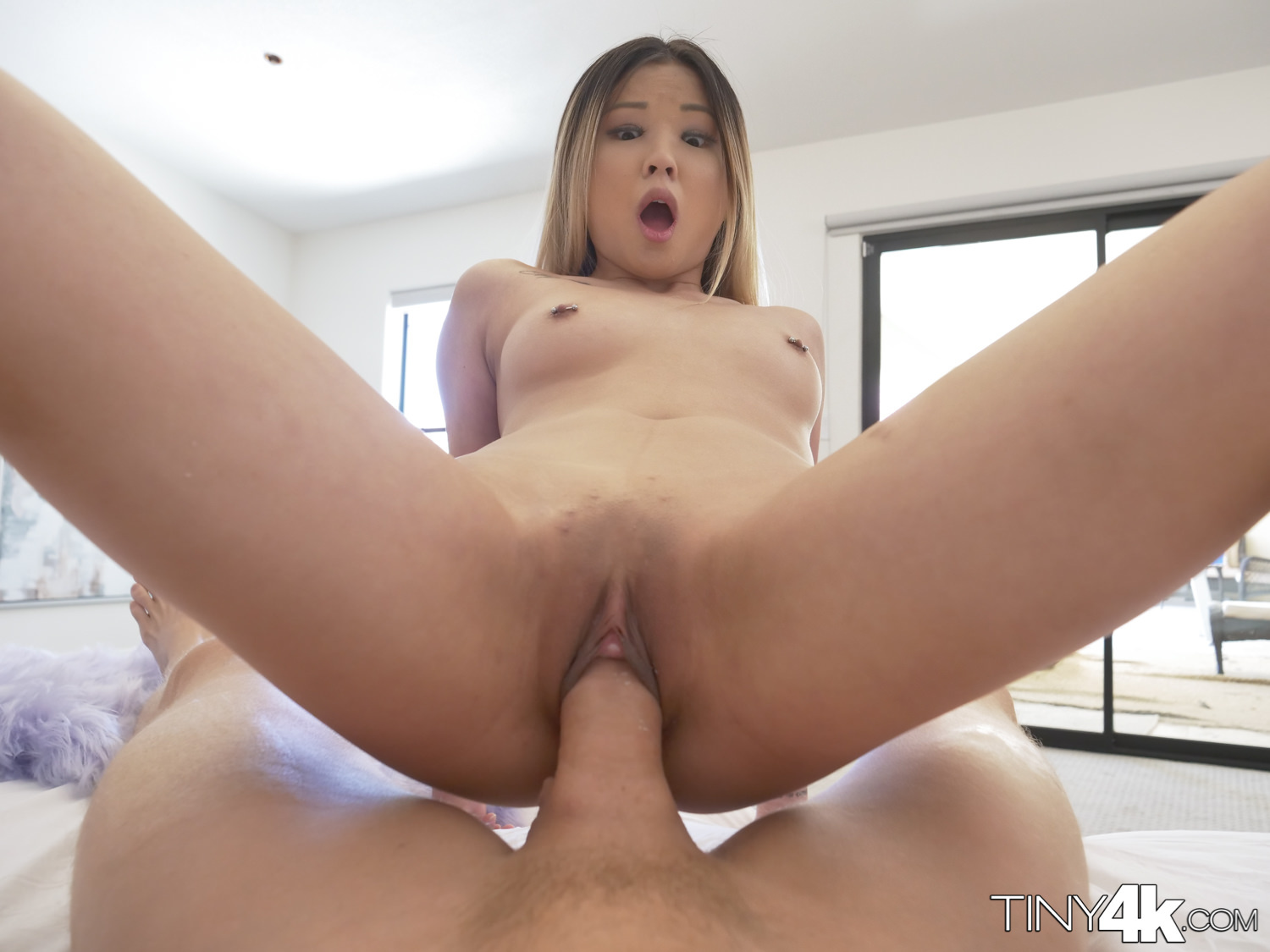Erotic literature, also known as “porn literature” or “+18 stories,” is a genre of writing porno that focuses on sexual themes and experiences. This type of writing has been around for centuries, with famous examples such as “Lady Chatterley’s Lover” by D.H. Lawrence and “Fanny Hill” by John Cleland. However, it is often stigmatized and viewed as taboo due to its explicit content. In this article, we will explore the reasons why erotic literature should be considered a legitimate form of art and self-expression.
First, it is important to understand that erotic literature is not just about sex. It is about the exploration of human desire, fantasy, and relationships. It can be a way for people to understand and come to terms with their own sexuality, as well as a way to explore different perspectives and experiences.
One of the main arguments for the legitimacy of erotic literature is that it is a form of art. Like any other genre of literature, it requires skill, creativity, and imagination. Writers of erotic stories must be able to craft believable and relatable characters, create a compelling plot, and use language in a way that is both evocative and stimulating.
Furthermore, erotic literature can be a safe and accessible way for people to explore their sexuality. Unlike pornography, which often objectifies and dehumanizes people, erotic literature allows for a more nuanced and complex portrayal of sexual experiences. It can also be a way for people to explore their own desires and boundaries in a safe and private setting.
Moreover, erotic literature can be a powerful tool for self-expression. It can be a way for people to process and understand their own experiences, as well as a way to share those experiences with others. It can also be a way for people to explore their own fantasies and desires in a safe and consensual way.
Of course, it’s important to note that like any form of media, erotic literature should be consumed responsibly. It should not be used as a substitute for real-life relationships or experiences, and it should not be consumed by minors. Additionally, it is crucial to ensure that the consumption of erotic literature does not harm oneself or others, and it should not be used to perpetuate harmful stereotypes or ideas about sexuality.
In conclusion, erotic literature is a legitimate form of art and self-expression that should be recognized and respected. It allows for the exploration of human desire, fantasy, and relationships, and can be a safe and accessible way for people to explore their own sexuality. As long as it is consumed responsibly, there is no reason why erotic literature should be stigmatized or viewed as taboo.
